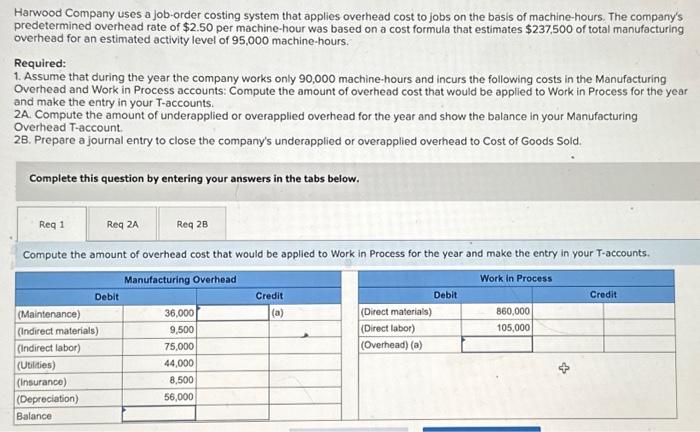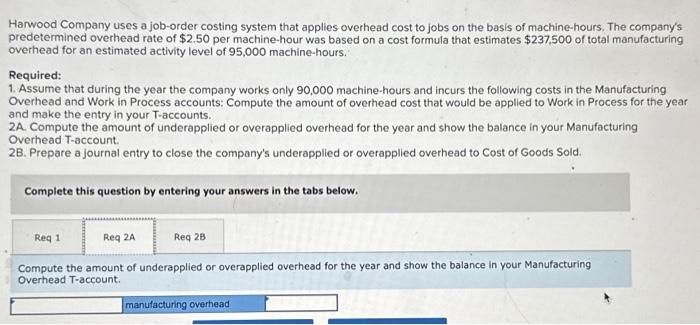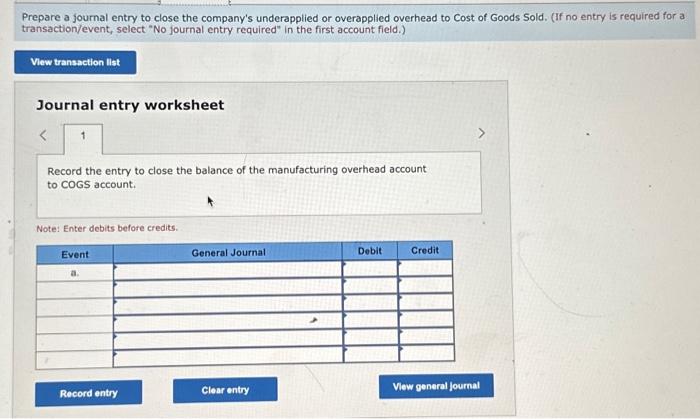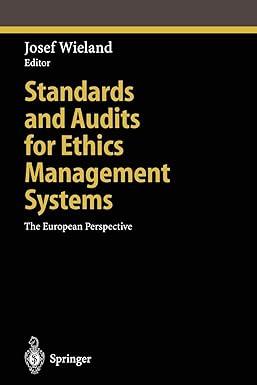Harwood Company uses a job-order costing system that applies overhead cost to jobs on the basis of machine-hours. The company's predetermined overhead rate of $2.50 per machine-hour was based on a cost formula that estimates $237,500 of total manufacturing overhead for an estimated activity level of 95,000 machine-hours. Required: 1. Assume that during the year the company works only 90,000 machine-hours and incurs the following costs in the Manufacturing Overhead and Work in Process accounts: Compute the amount of overhead cost that would be applied to Work in Process for the year and make the entry in your T-accounts. 2A. Compute the amount of underapplied or overapplied overhead for the year and show the balance in your Manufacturing Overhead T-account. 2B. Prepare a journal entry to close the company's underapplied or overapplied overhead to Cost of Goods Sold. Complete this question by entering your answers in the tabs below. Compute the amount of overhead cost that would be applied to Work in Process for the year and make the entry in your T-accounts. Harwood Company uses a job-order costing system that applies overhead cost to jobs on the basis of machine-hours. The company's predetermined overhead rate of $2.50 per machine-hour was based on a cost formula that estimates $237,500 of total manufacturing overhead for an estimated activity level of 95,000 machine-hours. Required: 1. Assume that during the year the company works only 90,000 machine-hours and incurs the following costs in the Manufacturing Overhead and Work in Process accounts: Compute the amount of overhead cost that would be applied to Work in Process for the year and make the entry in your T-accounts. 2A. Compute the amount of underapplied or overapplied overhead for the year and show the balance in your Manufacturing Overhead T-account. 2B. Prepare a Journal entry to close the company's underapplied or overapplied overhead to Cost of Goods Sold. Complete this question by entering your answers in the tabs below. Compute the amount of underapplied or overapplied overhead for the year and show the balance in your Manufacturing Overhead T-account. Prepare a journal entry to close the company's underapplied or overapplied overhead to Cost of Goods Sold. (If no entry is required for a transaction/event, select "No journal entry required" in the first account field.) Journal entry worksheet Record the entry to close the balance of the manufacturing overhead account to coGs account. Note: Enter debits before credits









